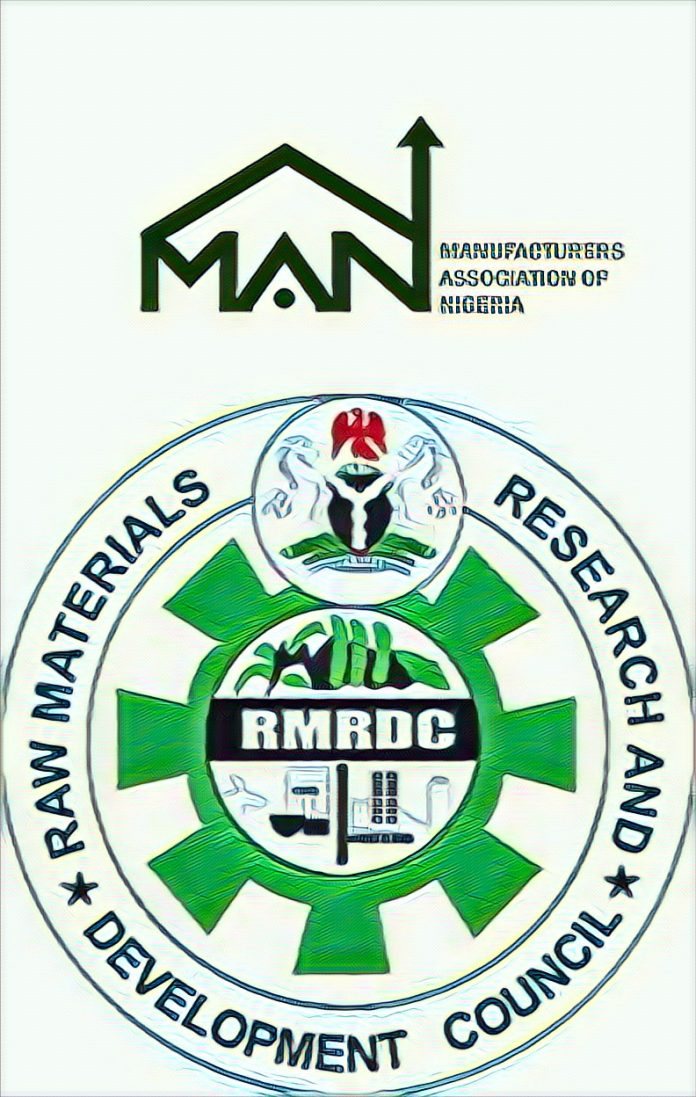The Manufacturers Association of Nigeria (MAN) and the Raw Materials Research and Development Council (RMRDC) recently hosted a significant exposition in Lagos, focusing on enhancing local raw material sourcing for the manufacturing industry. This initiative marks a pivotal step towards achieving Nigeria’s goal of becoming the top industrialized economy in Africa.
The event, combining the seventh Nigerian Manufacturing Equipment Expo (NME) and the ninth Nigerian Raw Materials Expo (NIRAM), brought together key stakeholders from the manufacturing sector. They convened to strategize on leveraging local resources for industrial production, a move critical for the nation’s economic development.
MAN’s president, Otunba Francis Meshioye, emphasized the urgency for the manufacturing sector to actively contribute to Nigeria’s industrial vision. The expo’s theme, ‘Future Manufacturing: Building a Sustainable Roadmap to the Industrialization of Nigeria,’ reflects the dynamic changes in technology and customer expectations impacting the industry’s future.
According to a report by The Guardian, Meshioye highlighted the importance of balancing efficient production economies, robust supply chains, a strong product reputation, customer loyalty, established logistics, and reliable online business elements. Achieving this equilibrium is crucial for Nigerian manufacturers to competitively position themselves in the global industrial market.
“Industry 4.0 offers a significant opportunity for African manufacturers to gain an advantage in the global economy,” Meshioye stated. He also underscored the challenges of energy inadequacy and inefficiency affecting not only manufacturing but all industrial and commercial sectors in Nigeria. He urged continuous efforts to enhance the quality and reliability of the electricity supply, crucial for realizing the vision of an industrialized Nigeria.
Uche Nnaji, Minister of Innovation, Science, and Technology, stressed deploying demand-driven research and development solutions for economic growth and industrialization. He pointed out that the availability of raw materials is vital for the survival of manufacturing industries and called for measures to prevent the dumping of substandard materials and products in Nigeria.
Dr. Doris Uzoka-Anite, Minister of Industry, Trade, and Development, highlighted the non-oil sector’s development through robust manufacturing processes as key to the future of manufacturing. She emphasized manufacturing as a critical driver of economic development, capable of diversifying revenue sources and reducing dependence on oil.
The minister encouraged manufacturers to embrace emerging trends, adopt advanced technologies, and utilize clean, sustainable energy to enhance efficiency and productivity. This approach can elevate Nigeria as a global manufacturing hub and accelerate the development of the raw materials sector, which is essential for supporting the manufacturing industry.



